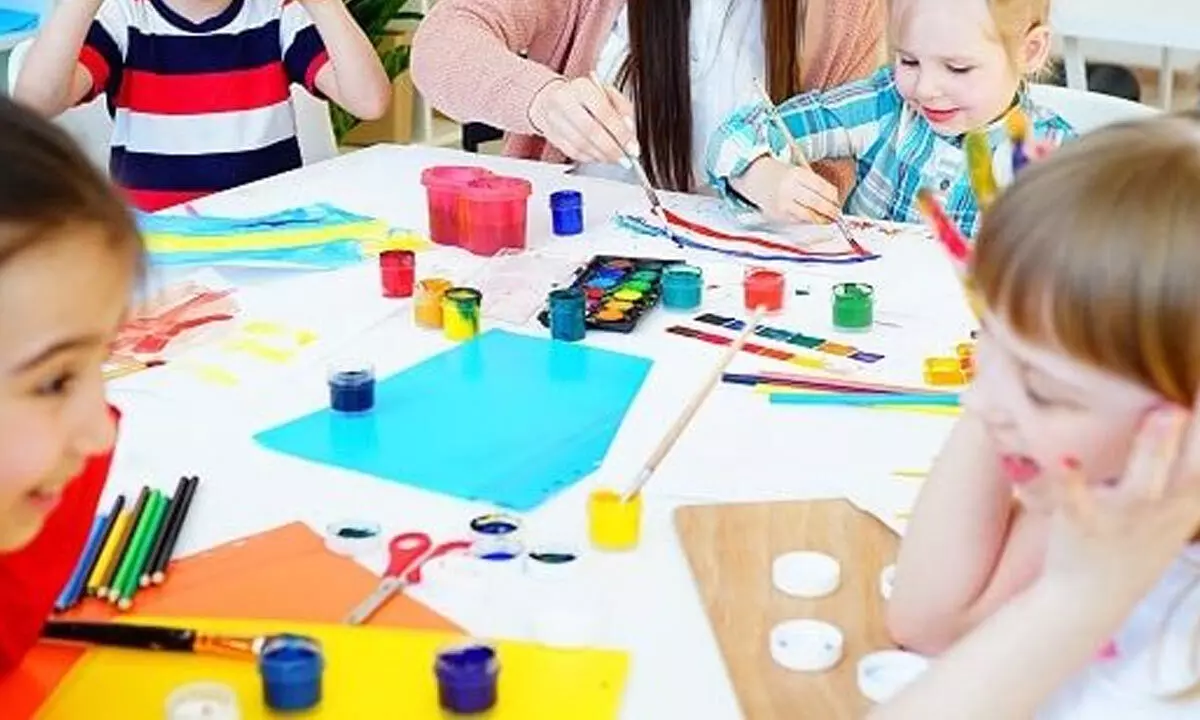Enhancing childhood education through play-based learning

Play-based learning is an educational approach that uses play as the primary method of teaching young children
Play-based learning is an educational approach that uses play as the primary method of teaching young children. This method emphasizes the importance of play in a child's development, recognizing that it is through play that children explore the world around them, develop essential skills, and acquire knowledge.
One of the most compelling aspects of play-based learning is its ability to engage children in a natural and enjoyable way. Unlike traditional classroom settings, which can sometimes feel rigid and restrictive, play-based learning environments are dynamic and flexible. They allow children to follow their interests, make choices, and learn at their own pace. This fosters a love of learning from an early age, setting a positive foundation for future educational experience.
Play-based learning is rooted in the idea that children learn best when they are active participants in their learning process. Through play, children develop critical thinking and problem-solving skills. For example, building with blocks can teach concepts of geometry, balance, and symmetry, while playing with water and sand can introduce basic principles of physics and mathematics. Roleplaying and imaginative games help children understand social roles, develop empathy, and enhance their language skills.
Furthermore, play-based learning supports physical development. Activities like climbing, running, and jumping improve gross motor skills, while manipulating small objects such as puzzles or beads enhances fine motor skills. These physical activities are not only crucial for healthy growth but also for developing coordination and dexterity.
Social and emotional development is another significant benefit of play-based learning. When children play together, they learn to cooperate, negotiate, and resolve conflicts. They practice takingturns, sharing, and empathizing with others. These social interactions are essential for building relationships and developing a sense of community and belonging.
Moreover, play-based learning is highly adaptable to different cultural contexts and individual needs. It can be tailored to include diverse materials and activities that reflect the backgrounds and experiences of the children involved. This inclusivity helps all children feel valued and understood, promoting a sense of equity and respect.
Play-based learning is a powerful and effective approach to early childhood education. By leveraging the natural inclination of children to play, this method not only makes learning enjoyable but also fosters holistic development, preparing children for future academic and life challenges.














